We may earn money or products from the companies mentioned in this post. This means if you click on the link and purchase the item, I will receive a small commission at no extra cost to you ... you're just helping re-supply our family's travel fund.
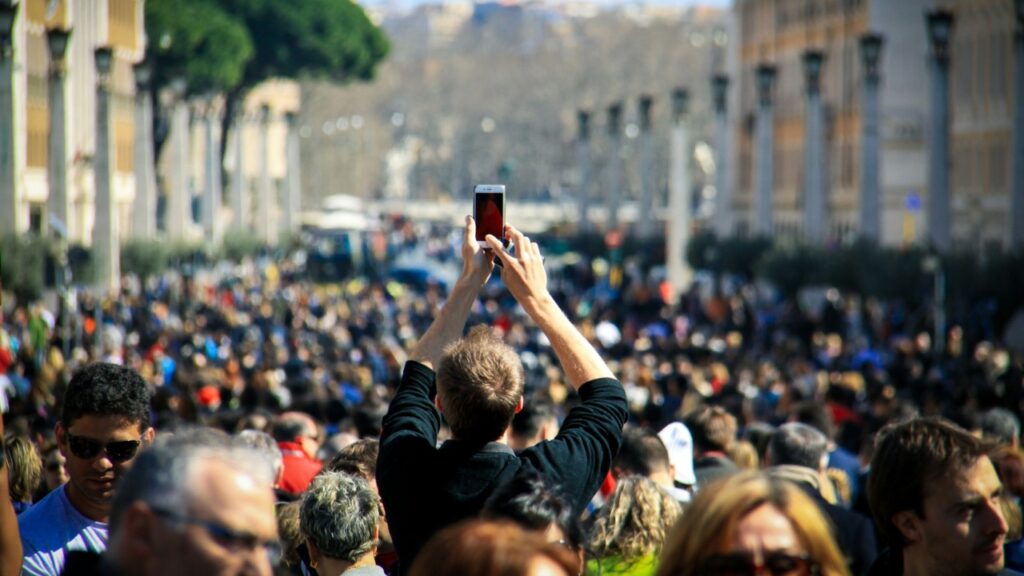
There is a delicate magic to Europe’s most beloved cities, a charm woven from centuries of history, culture, and daily life. It is the reason we dream of visiting. But as more of us answer that call, these fragile places are finding new ways to protect their soul. They are not closing their doors, but instead, are thoughtfully managing their popularity. Think of these changes not as restrictions, but as an invitation to be a more mindful traveler, ensuring the cities we love remain captivating for generations to come.
Venice’s New Entry Fee
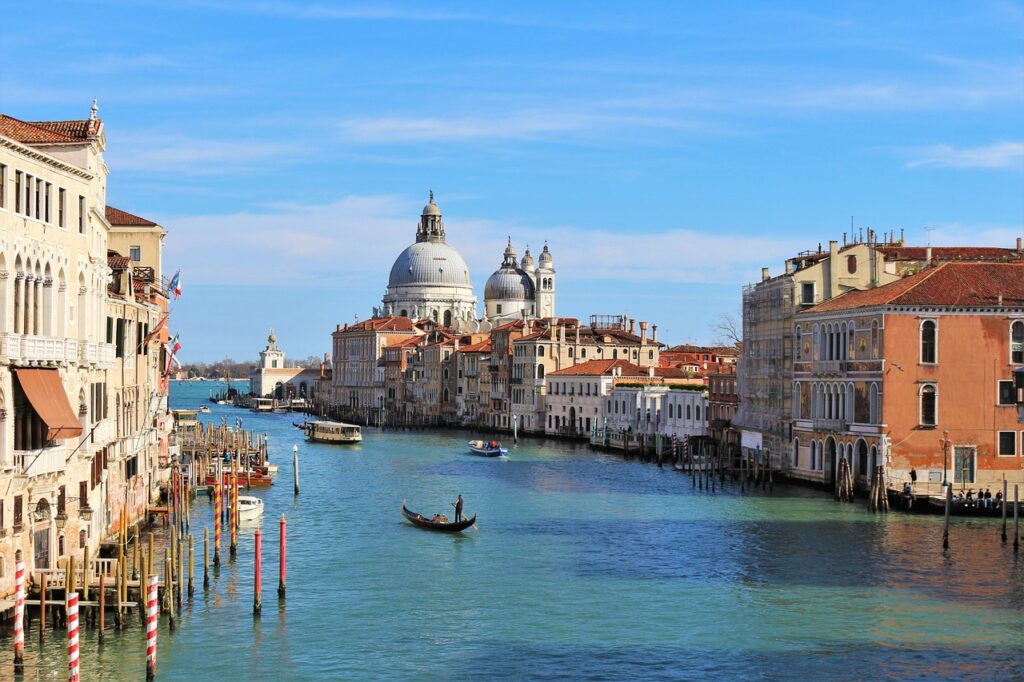
The city of canals is taking a pioneering step to preserve its delicate ecosystem and make life more manageable for its residents. For travel in 2025, if you are visiting for the day on certain peak dates, you will need to pay an entry fee of about five euros and register online. This system, which doesn’t apply to overnight guests, is designed to ease the intense pressure on the city’s infrastructure. For you, it means a slightly more planned visit, but one that directly contributes to protecting this floating treasure.
Amsterdam’s Shift in Focus
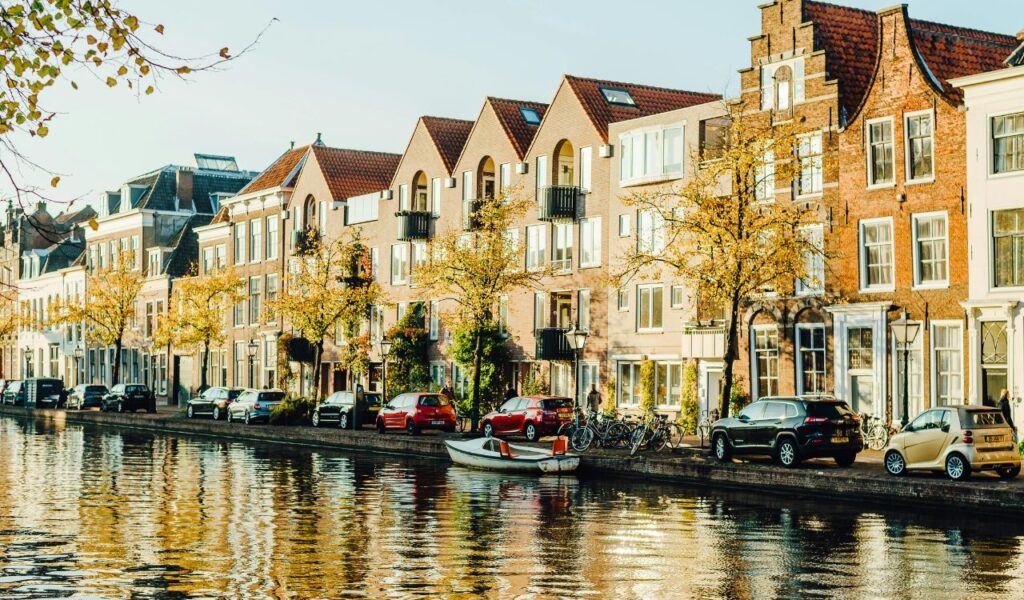
Amsterdam is actively working to shift its reputation from a party destination to a cultural hub. This includes measures to curb disruptive tourism in the Red Light District and a long-term plan to move the main cruise ship terminal out of the city center. The goal is to rebalance the city in favor of its residents and those who come to appreciate its incredible museums, charming neighborhoods like Jordaan, and beautiful canal-side life. Your 2025 visit will be part of a city rediscovering its more serene and artistic side.
Athens’ Timed Acropolis Entry
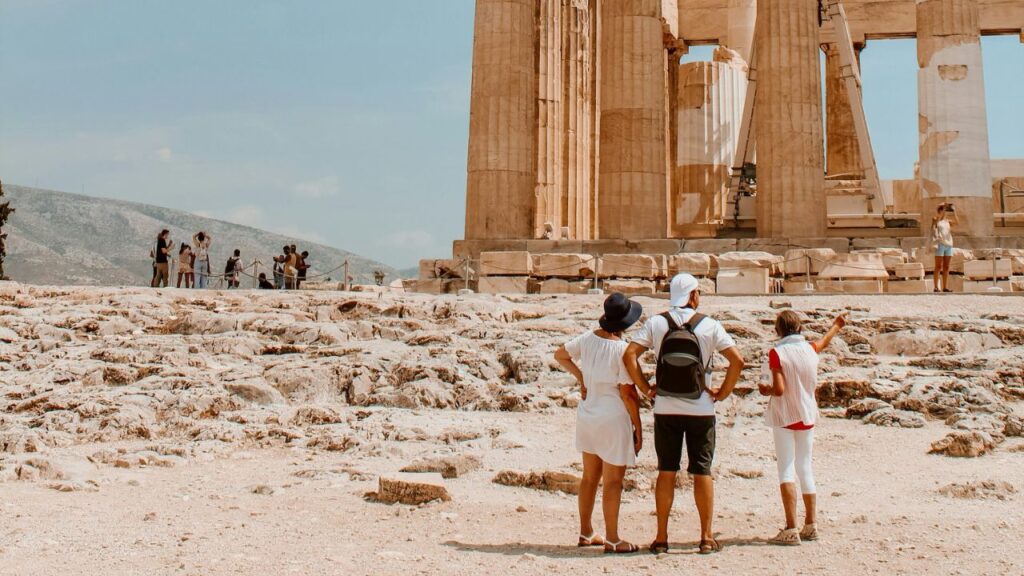
To protect its most iconic landmark from overwhelming crowds, Athens has implemented a timed ticketing system for the Acropolis. You will now book a specific time slot for your visit, which dramatically reduces congestion and prevents dangerous overcrowding on the ancient, uneven pathways. This simple change allows for a much more pleasant and respectful experience, giving you the space to truly appreciate the ancient majesty of the Parthenon without being jostled by thousands of people at once.
Barcelona’s New Cruise Limits
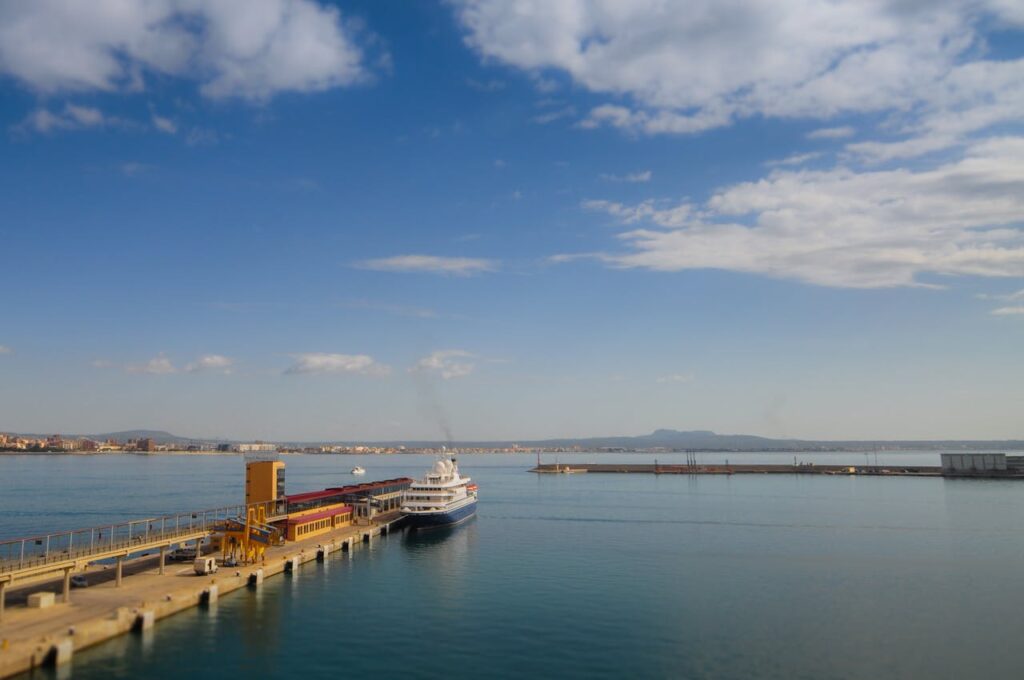
In an effort to ease congestion in its historic Gothic Quarter and along its beaches, Barcelona has begun limiting the number of cruise ships that can dock at its central terminals. By redirecting larger ships to more distant ports, the city is trying to reclaim its most beloved public spaces for residents and overnight visitors. For you, this means a less crowded and more enjoyable experience exploring the vibrant streets and attractions near the waterfront, allowing for a more authentic connection with the city.
Rome’s Rules of Decorum
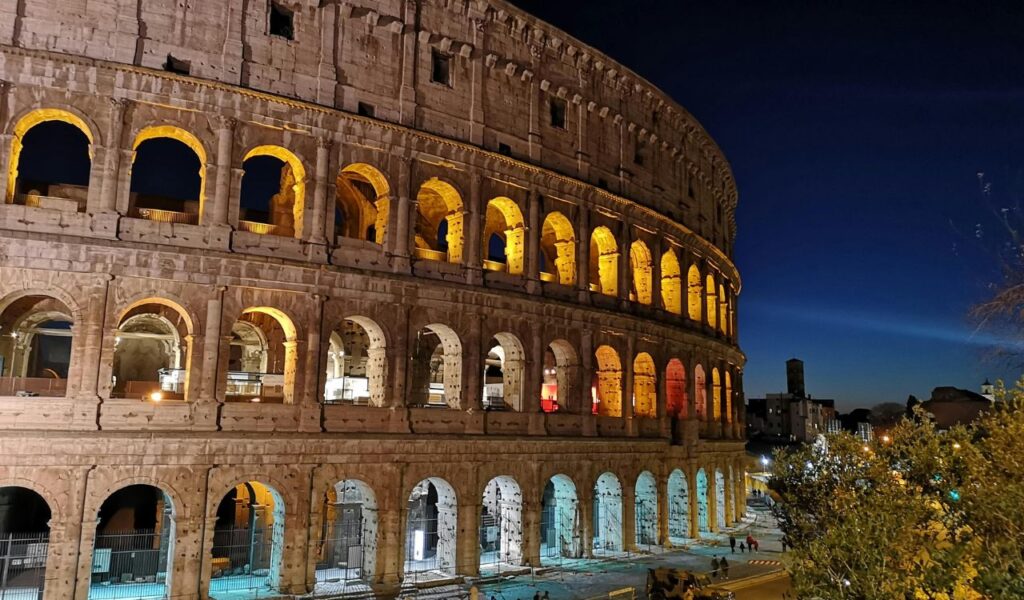
The Eternal City is cracking down on behavior that threatens its priceless monuments. This includes strict enforcement of rules against sitting on the Spanish Steps or wading in the Trevi Fountain. These measures are not arbitrary; they are about preserving priceless heritage from the cumulative damage of millions of visitors. By understanding this, you become a temporary custodian of world history, ensuring that the city’s stunning public spaces remain beautiful for everyone who follows in your footsteps.
Portofino’s ‘No-Waiting’ Zones
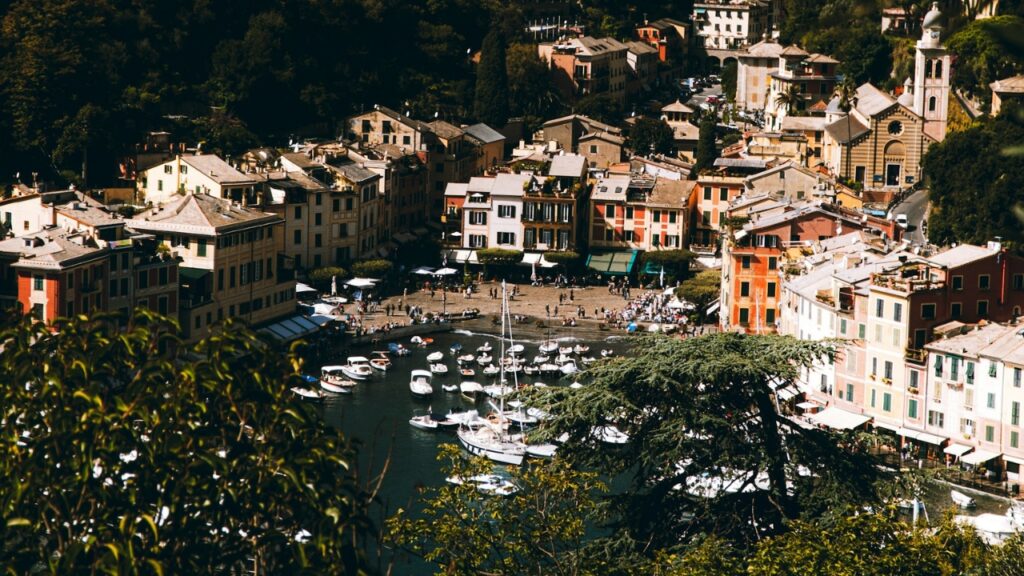
This picturesque Italian fishing village has introduced an innovative solution to sidewalk gridlock in its tiny, scenic piazza. The town has established “no-waiting” red zones to prevent crowds from gathering for photos and blocking the narrow pathways for residents and other visitors. This simple rule keeps foot traffic flowing smoothly and ensures that everyone gets a chance to enjoy the stunning harbor views without creating a human traffic jam. It is a small measure that makes a big difference in a tiny destination.
Marseille’s Protected Calanques
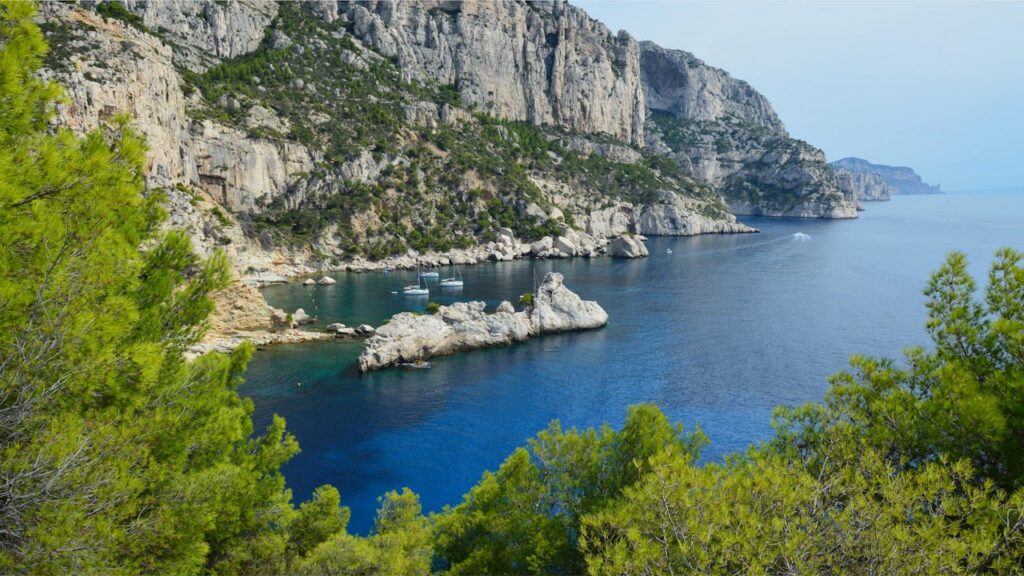
Just outside Marseille, the breathtaking Calanques National Park is taking steps to protect its fragile limestone coves. To visit the stunning Calanque de Sugiton during the busy summer months, you must now make a free reservation online. This system limits the number of daily visitors to prevent severe erosion caused by foot traffic. Making a quick reservation is a small planning step that guarantees a more pristine and peaceful experience in one of the Mediterranean’s most stunning natural landscapes.
Dubrovnik’s ‘Respect the City’ Campaign
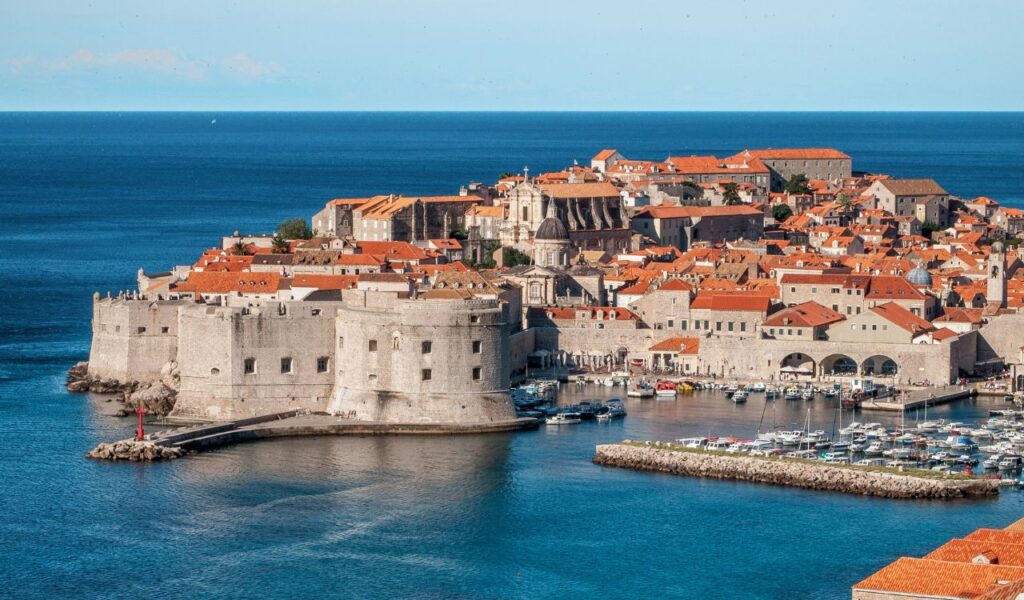
Dubrovnik, whose stunning old town became a star in “Game of Thrones,” is actively managing its visitor numbers to protect its UNESCO World Heritage status. The city has implemented a cap on the number of cruise ship passengers allowed to enter the historic walls each day. For land-based travelers, this means a much more pleasant and authentic experience exploring the city’s living history, preventing the narrow limestone streets from feeling like an overcrowded theme park during peak hours.
Hallstatt’s Stand Against Selfies
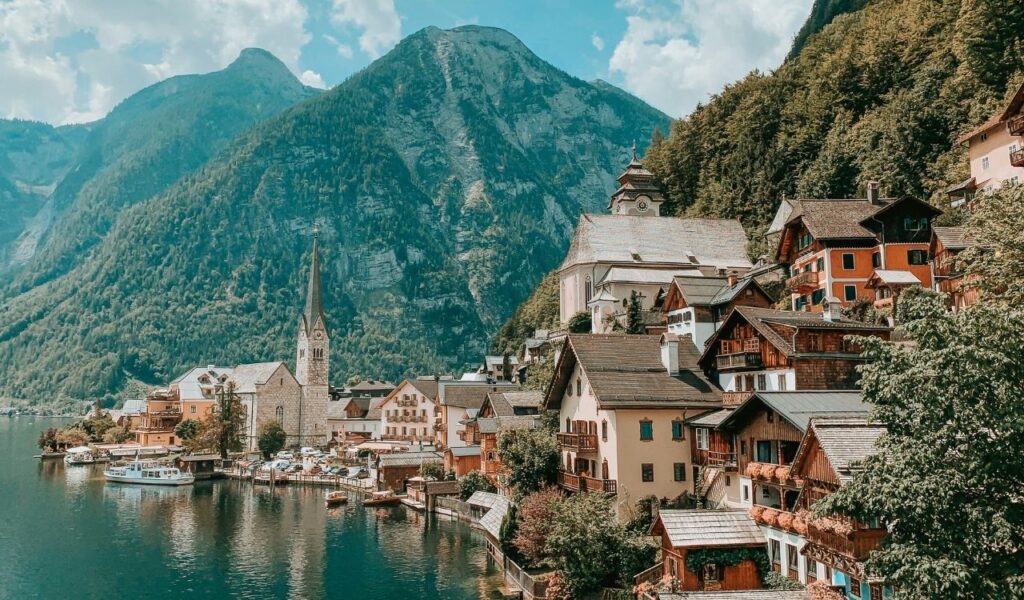
This tiny Austrian village, rumored to be the inspiration for “Frozen,” became so popular that it had to take action. The town has implemented restrictions on tour bus access and has even temporarily screened its most famous photo spot to deter crowds from blocking the road. These efforts aim to restore the peaceful village atmosphere that drew visitors in the first place, ensuring a more serene experience for those who come to truly appreciate its charm rather than just capture a single photo.
Paris’ Push for Balance
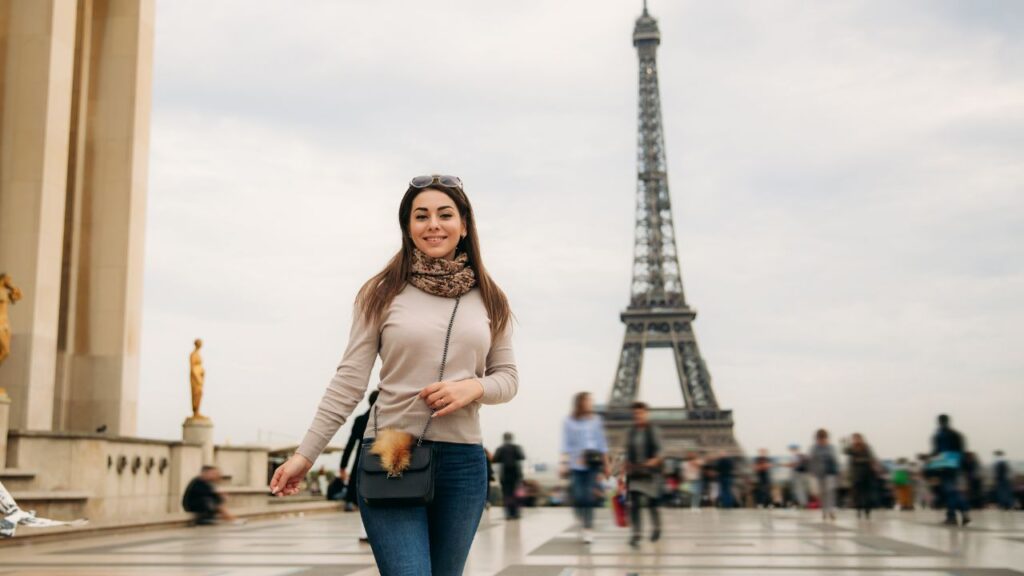
In the lead-up to and following the 2024 Olympics, Paris is accelerating its push for more sustainable tourism. This includes encouraging visitors to explore lesser-known arrondissements like Batignolles and requiring advance booking for major attractions like the Louvre. The city is promoting a “slow travel” mindset, inviting you to experience Paris like a local by lingering in a neighborhood park or discovering a small, independent shop. This makes your visit more personal, unique, and beneficial to the entire city.